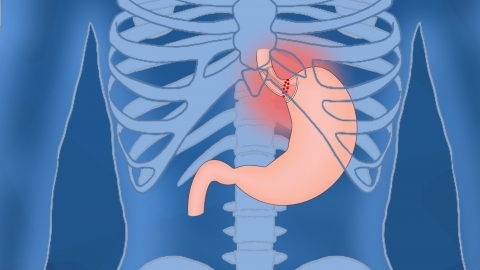Who should not eat peaches?
Generally speaking, there are no specific groups of people who absolutely cannot eat peaches. However, individuals who are allergic to peaches, those with weak gastrointestinal function, diabetes patients, people prone to excessive internal heat (commonly known as "heatiness"), and individuals with impaired kidney function may experience adverse reactions after consuming peaches. If any abnormalities occur, prompt medical attention is recommended. Detailed explanations are as follows:

1. Individuals allergic to peaches: In these individuals, the immune system mistakenly identifies certain proteins in peaches, triggering an allergic reaction. Common symptoms include itching in the mouth, swollen lips, and rashes. In severe cases, breathing difficulties may occur, posing a risk to life.
2. Individuals with weak gastrointestinal function: Those with weak digestion, such as individuals suffering from gastritis, gastric ulcers, or indigestion, may experience irritation of the gastric mucosa due to the fruit acids and dietary fiber in peaches. This may increase gastric acid secretion, leading to symptoms such as stomach pain, bloating, diarrhea, and impairing normal gastrointestinal function.
3. Diabetes patients: Peaches contain a certain amount of natural sugars. If diabetes patients do not control their intake, it may cause a rapid rise in blood glucose levels, which is detrimental to maintaining stable blood sugar. Especially for those with poorly controlled blood sugar levels, peach consumption may trigger diabetic complications and should be approached with caution.
4. Individuals prone to excessive internal heat ("heatiness"): Peaches are considered warm in nature. Consumption by individuals prone to internal heat may lead to accumulation of heat in the body, worsening symptoms such as dry mouth, sore throat, mouth ulcers, and constipation, thereby affecting overall health.
5. Individuals with impaired kidney function: Patients with kidney dysfunction have reduced kidney metabolic capacity. Potassium in peaches needs to be excreted through the kidneys, and excessive consumption may increase the burden on the kidneys, potentially leading to hyperkalemia (elevated potassium levels in the blood). Particularly in cases of kidney failure, peach intake must be strictly controlled.
The above-mentioned groups should be aware of their own contraindications to avoid physical discomfort caused by peach consumption. Other individuals should also moderate their intake, choose ripe fruits, thoroughly wash them before consumption, and ensure food safety.






